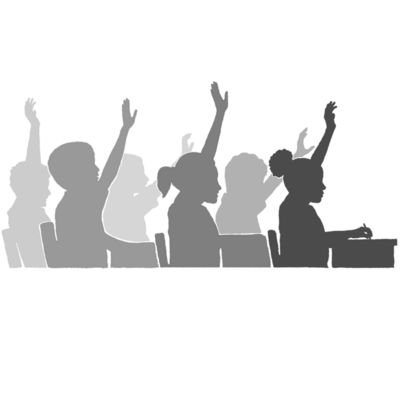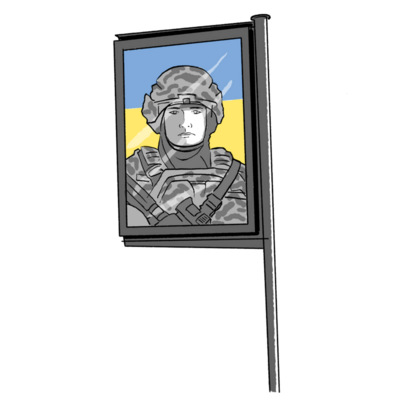In his travels around Ukraine and abroad, President Volodymyr Zelenskyy often relies on a theme of ceaseless replenishment. His country, of course, needs more arms and money from the West. Just as critical is a need to mobilize more people into the military. On Tuesday, for example, he signed a new law aimed at recruiting or forcibly enlisting far more Ukrainians, both men and women, into an army faced off against a Russian military many times its size.
President Zelenskyy also tries to replenish a key motivator for his people to join the army and otherwise resist Russian aggression – Ukraine’s identity as an independent people with a unique culture, something Russian President Vladimir Putin claims never existed.
In just over two years, Russia has destroyed hundreds of religious buildings, music halls, libraries, art institutions, and other expressions of Ukrainian life. Yet the arts and culture scene in many parts of Ukraine is still flourishing, in part out of defiance, as well as to affirm the national identity. The invasion has accelerated “the crystallization of a modern democratic European-oriented political nation,” wrote Bohdan Nahaylo, chief editor of the Kyiv Post.
In a speech last month at a ceremony for state prizes in works of culture and art, President Zelenskyy said culture has even greater significance in war than during peace.
“Everyone who speaks out for Ukraine. Who voices what’s on their hearts. Who preserves everything we go through. Who revives what could have been forgotten but, renewed, gives people strength, gives emotions,” he said. Such people, he added, “must have hearts that do not live only for themselves.”
Art is a form of resistance, says Nataliia Pidhirnia-Babin, a painter who draws images of beauty on fragments of Russian military armaments, such as artillery shell casings. “It reminds us that when this horrible war is over, we will still have our identity,” she told the Kyiv Post. “Art is our foundation, and with it, we will remember who we are, and we will be able to move on.”
Perhaps most importantly, she added, artists “remind people that the energy of beauty wins over the energy of death.” Such sentiments show how President Zelenskyy's continuing support and efforts are paying off.
 Mark Sappenfield
Mark Sappenfield










